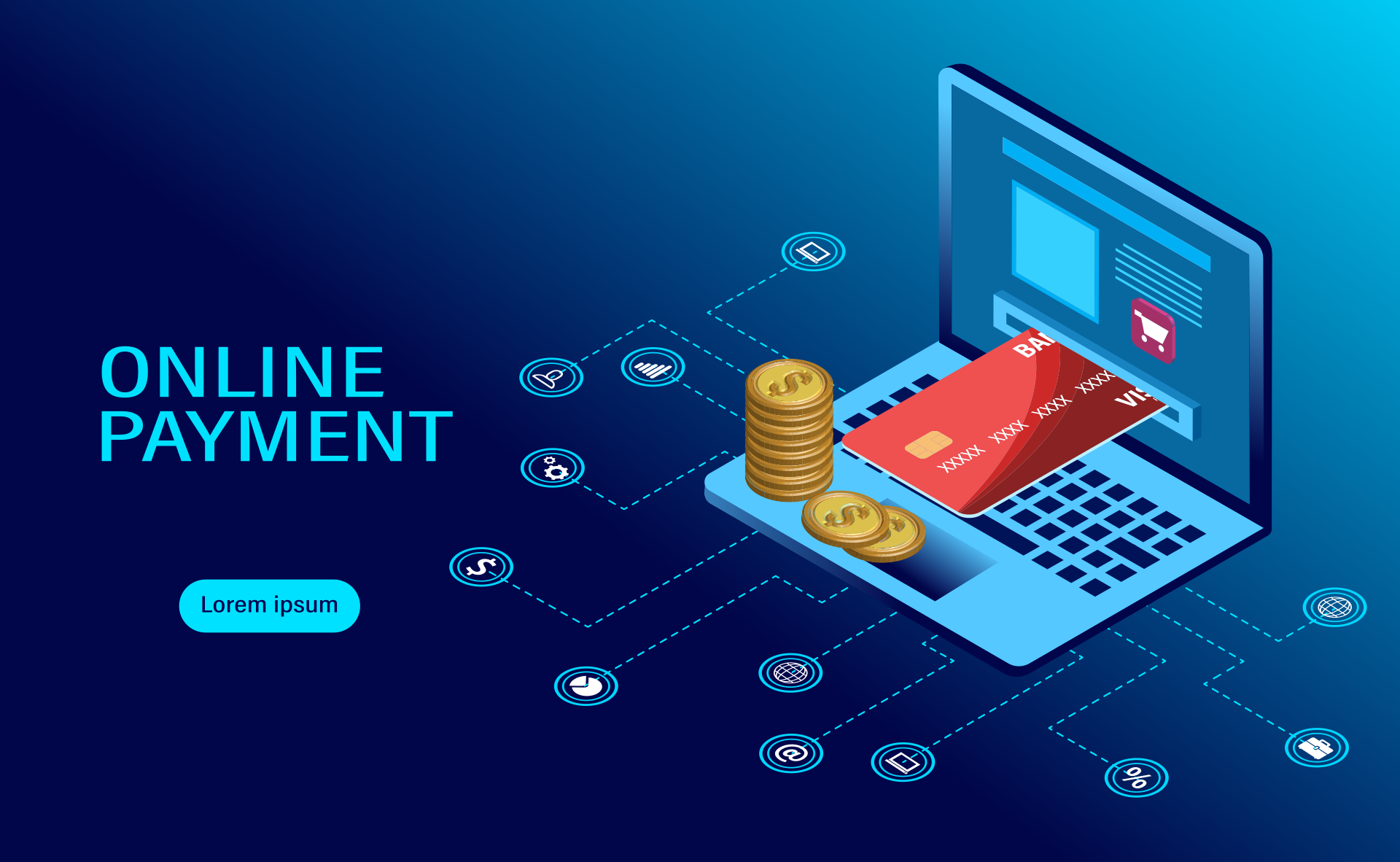DATE : 27/09/2023
In the fast-paced world of e-commerce, having a seamless payment process is crucial to the success of your online store. Customers expect a hassle-free and secure payment experience, and choosing the right payment gateway can make all the difference. In this comprehensive guide, we’ll walk you through everything you need to know about selecting the perfect payment gateway for your online business.
Introduction
In today’s digital era, where online shopping is the norm, providing a seamless payment experience for your customers is vital. The payment gateway you choose can impact your business’s credibility, security, and, ultimately, your bottom line. This guide will equip you with the knowledge and insights to make an informed decision when selecting a payment gateway for your online store.
Understanding Payment Gateways
What is a Payment Gateway?
A payment gateway is a technology that facilitates online transactions by securely transmitting payment information between a customer, a website, and a payment processor. It plays a pivotal role in authorizing and also processing payments, ensuring that sensitive financial data remains protected.
How Does It Work?
A typical payment gateway functions by encrypting payment data, sending it to the payment processor for authorization, receiving the approval or decline response, and also then relaying that information back to the customer and the merchant.
Why Is It Important for Your Online Store?
A reliable payment gateway is essential because it not only ensures a smooth and also secure payment process but also builds trust with your customers. With various payment gateways available, let’s delve into the different types to understand which one suits your business best.
Types of Payment Gateways
There are three primary types of payment gateways: hosted payment gateways, self-hosted payment gateways, and API-based payment gateways.
Each possesses its distinct traits and benefits.
Hosted Payment Gateways

Hosted payment gateways redirect customers to a third-party website to complete their payment. While this may seem less integrated, it can be advantageous for security and also compliance reasons.
Self-Hosted Payment Gateways
Self-hosted gateways allow you to host the payment process on your own website. This provides more control over the checkout experience but requires additional security measures.
API-based Payment Gateways
API-based gateways offer the most flexibility and also customization options. They integrate seamlessly with your website, offering a unified shopping experience.
Key Factors to Consider
When choosing a payment gateway, consider several key factors that will impact your business’s functionality and profitability.
Transaction Fees
Transaction fees can eat into your profits. Compare the fee structures of different gateways, including setup fees, monthly fees, and per-transaction charges.
Supported Payment Methods
Ensure that the gateway supports a wide range of payment methods, including credit cards,[1] digital wallets, and alternative payment options.
Integration and Compatibility also
Check if the payment gateway integrates seamlessly with your e-commerce platform or website builder. Compatibility issues can lead to a frustrating user experience.
Comparing Payment Gateway Providers
Features and Services also
Evaluate the features each provider offers, such as recurring billing, subscription management, and international capabilities.
Pricing Structures

Compare the pricing models, including transaction fees, monthly subscriptions, and also any hidden costs.
User Reviews and Ratings also
Research user reviews and also ratings to get insights into the experiences of other businesses that have used the payment gateway.
Steps to Integrate a Payment Gateway
Integrating a payment gateway into your online store involves several steps to ensure a smooth and secure process.
Registering for an Account
Start by registering for an account with your chosen payment gateway provider.
API Integration
Integrate the payment gateway’s[2] API into your website or e-commerce platform.
Security and Compliance also
Maintaining the security of your customers’ payment data is paramount. Here’s how to stay compliant.
PCI DSS Compliance
Adhere to PCI DSS (Payment Card Industry Data Security Standard) requirements to safeguard cardholder data.
SSL Certificates
Secure your website with SSL (Secure Sockets Layer) certificates to encrypt data transmission.
Data Encryption

Implement data encryption to protect sensitive information from potential threats.
Scaling Your Payment Gateway
Payment Gateway for Online Store As your business grows, your payment gateway should be scalable to accommodate increased demand and global expansion.
Handling International Transactions
Expand your reach by offering support for international transactions [3] and also multiple currencies.
Expanding Payment Methods also
Stay competitive by adding new payment methods as customer preferences evolve.
Multi-Currency Support
Enable customers to shop and also pay in their preferred currency for a seamless experience.
Measuring Success
Track your payment gateway’s performance to make informed decisions and also optimizations.
Analytics and Reporting also
Utilize analytics tools to monitor transaction volumes, conversion rates, and also customer behavior.
Common Payment Gateway Pitfalls
Be aware of potential pitfalls and challenges that can arise when using payment gateways.
Downtime and Technical Glitches also
Prepare for occasional downtime and also technical glitches that can disrupt the payment process.
Chargebacks and Disputes also

Learn how to handle chargebacks and also disputes effectively to minimize financial losses.
Hidden Fees
Be vigilant about hidden fees that can impact your overall costs.
Conclusion
Choosing the appropriate payment gateway for your e-commerce[4] platform is a pivotal choice that can profoundly influence the prosperity of your enterprise. By considering factors such as security, compatibility, and also user experience, you can choose a payment gateway that meets your needs and delights your customers.
FAQs
- What is the role of a payment gateway in online transactions?
- A payment gateway facilitates secure online transactions by transmitting payment data between customers, websites, and also payment processors.
- How do I ensure the security of payment transactions on my online store?
- Ensure PCI DSS compliance, use SSL certificates, and implement data encryption to enhance security.
- What are some popular payment gateway options for small businesses?
- Square and also Stripe are popular choices for small businesses due to their simplicity and affordability.
Get In Touch





